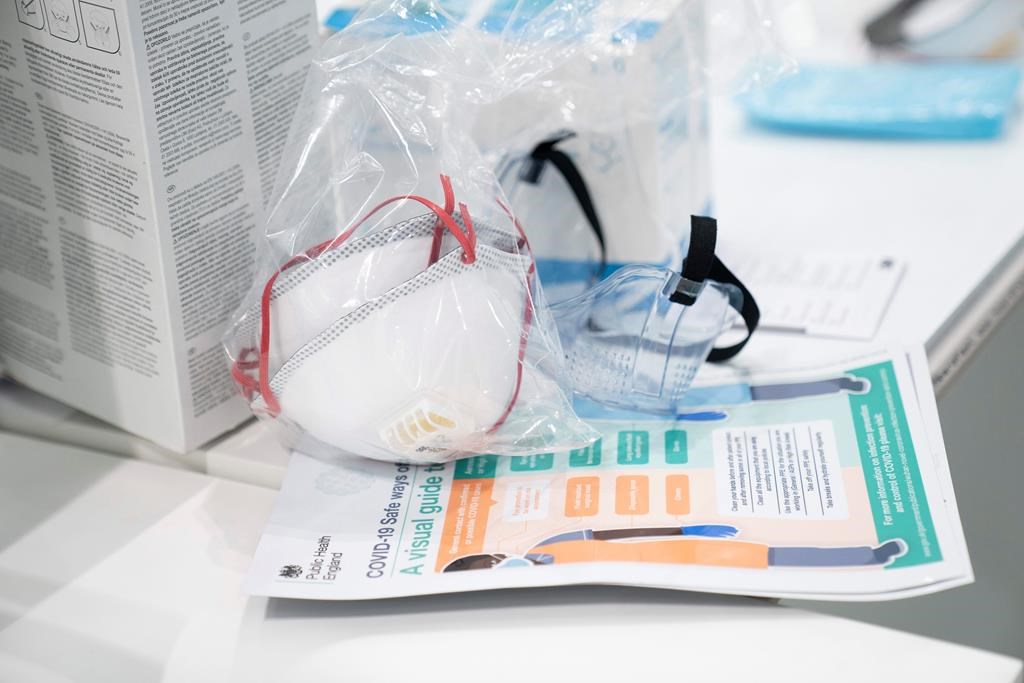Two new coronavirus cases were reported in Saskatchewan on Wednesday, raising the overall count to 658.

One new case was reported in Saskatoon, the other in the south region.
There are now 21 active cases in the province — seven each in Saskatoon and the far north, four in Regina, two in the south and one in the north region.
One person is in intensive care in Saskatoon.
The number of recoveries remained at 624 after no new recoveries were reported.
Thirteen people have died in Saskatchewan due to COVID-19.
Here is a breakdown of total Saskatchewan cases by age:
- 98 people are 19 and under
- 233 people are 20 to 39
- 199 are 40 to 59
- 110 people are 60 to 79
- 18 people are 80 and over
Males make up 48 per cent of the cases, females 52 per cent.
- Jasper mayor says CN Rail relocation will be devastating: ‘Deeply disappointed’
- Retired Quebec teacher buys winning lottery ticket at last minute, wins $40M
- N.B. election: Higgs went to ‘very dark place’ with Liberal joke, opponent says
- GM, Volvo, Land Rover vehicles among those in big recall. What to know
Officials said 395 cases are linked to community contact or mass gatherings, 145 are travel-related, 78 have no known exposure and 40 are under investigation by public health.

Get weekly health news
Saskatchewan has completed 53,116 tests so far for the virus, up 605 from Tuesday.
The per capita testing rate in Saskatchewan is below the national average. Health officials said the per capita testing rate in Saskatchewan on June 8 was 40,229 per million population. The national rate was 52,029 people tested per million population.
Testing is available to anyone currently working outside the home or anyone returning to work under Saskatchewan’s reopening plan, officials said.
They added that anyone being admitted to acute care for more than 24 hours, including expectant mothers, and immunocompromised individuals and their health care providers can also be tested.
Questions about COVID-19? Here are some things you need to know:
Symptoms can include fever, cough and difficulty breathing — very similar to a cold or flu. Some people can develop a more severe illness. People most at risk of this include older adults and people with severe chronic medical conditions like heart, lung or kidney disease. If you develop symptoms, contact public health authorities.
To prevent the virus from spreading, experts recommend frequent handwashing and coughing into your sleeve. They also recommend minimizing contact with others, staying home as much as possible and maintaining a distance of two metres from other people if you go out. In situations where you can’t keep a safe distance from others, public health officials recommend the use of a non-medical face mask or covering to prevent spreading the respiratory droplets that can carry the virus.
For full COVID-19 coverage from Global News, click here.














Comments